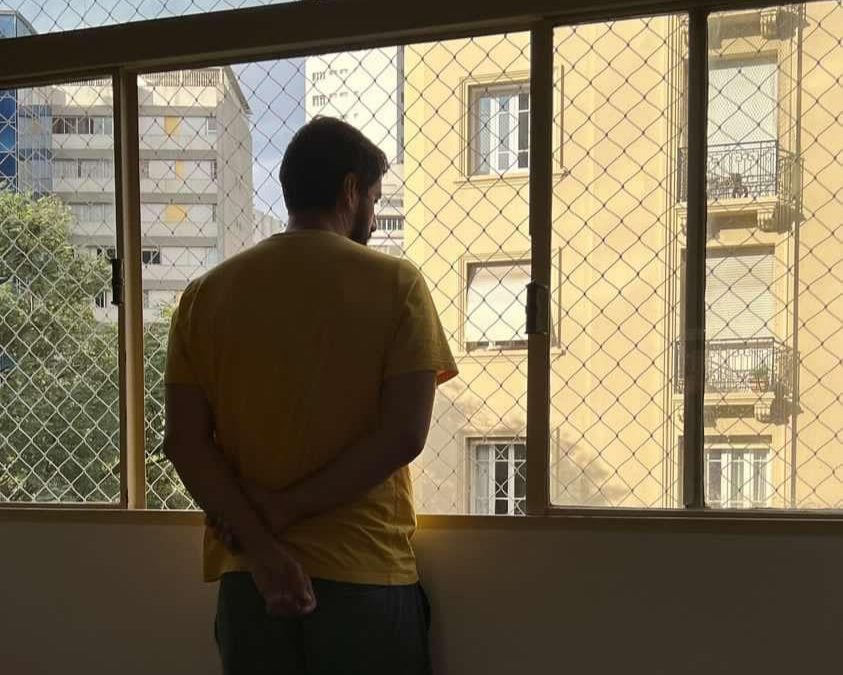I arrived in Sao Paulo, my safe haven, two weeks ago. For the first time in my life, I know what it means to feel “out of place.”
For the first time in my life, I don’t know how to deal with my sorrow and defeat.
On January 19, 2016, I arrived in Sudan. I was supposed to be the expat. I did not know a soul, nor did I have a place to sleep. I had God and the prayers of my mother, family, and friends to thank for having been welcomed by a family where I stayed the night. The next day, I found a job and two weeks later I found a better one. I left Khartoum for Kassala, my adopted city and stayed there until March of this year, to return to Khartoum in search of better job opportunities.
During this eventful period, I learned a lot, enjoyed every experience, and emerged stronger and more resilient. I saw the beauty in every detail and I invented job opportunities when none really existed. I became the warrior who braved life’s fierce battles; I made new friends and reciprocated the kindness I was met with.
I became an adventurer and hitched my wagon to the stars. Yet my most prized memory is the depth of the human bond I weaved with those around me. We stood together in the face of adversity that at times seemed to have no end. We emerged stronger. To my kindred souls who opened the doors of their homes and shared their food with me, I say, “May God protect you from harm while you weather this storm.”
My forced departure from Sudan made me feel like an uprooted tree. I had to leave Khartoum and decide what to take with me and what to leave. I knew that anything I left behind would be looted. But I had no other choice; I decided to leave all my belongings, including my computer, which was locked up in an office in the heart of the conflict zone.
I left Khartoum with three of my friends. We were stopped by a Rapid Support Forces Patrol. A minute felt like eternity. They searched the car. Ten sleep-deprived soldiers questioned us in what sounded more like provocations than questioning. They were probably bored beyond their wits and needed some entertainment. Eventually, they let us go on our way, allowing us to continue our long journey to Al-Qadaref. I decided to leave Sudan and cross the border to Ethiopia. That was the safest decision, thinking that the border could close if the crisis spilled over and turned into a wider-scale economic and social crisis.
I got stuck at Gallabat, the crossing point on the Sudanese-Ethiopian border. It will take me a while—if at all—to forget this experience. I fell asleep after the ordeal of my exit journey, and there I lost whatever I had left on me: my phone and some cash.
Twelve days later, I was saved again. I shall forever be grateful to those without whose help my life would have truly been in danger. My non-Arabic-speaking friend described it as a miracle. I received what I needed to make ends meet, including food, drink, and a temporary local phone to ensure that I stayed in touch with the world, and most importantly, coordination with official and international entities that allowed me to cross over to Ethiopia. Two days after arriving in Addis Ababa, I was on a plane—Sao Paulo bound—where a dear friend would be waiting for me in the arrival hall.
I am still trying to recover from this ordeal.
Still, I vividly remember one of the interviews with a humanitarian agency official in Addis Ababa. A medical officer who was documenting my case burst out laughing hysterically after hearing my story. He said,”Your strategy of surviving wars is special; It is a continental strategy, hahaha! From Asia to Africa, from Africa to Latin America, hahahaha!”
To be continued…


